New varsity on the cards in Matabeleland
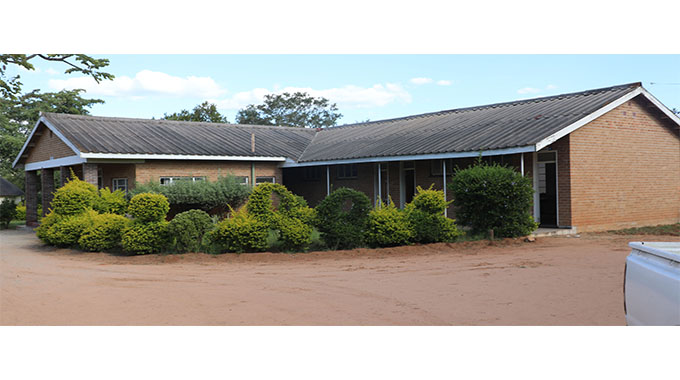
Sikhumbuzo Moyo, Senior Reporter
MATABELELAND South Province is set to have a third university following plans by the Brethren in Christ Church (BICC) to open an institution of higher and tertiary education in Mtshabezi, Gwanda District.
Matopo University, which will open its doors in August with an initial enrolment of 400 students, brings to three the total number of universities in the largely rural province.
Already there is Gwanda State University (GSU) and Solusi University in Bulilima District.
Matopo University will bring to five the number of universities in the Matabeleland region.
Last year in November, President Mnangagwa laid the foundation stones for the construction of three transformative buildings at GSU during its inaugural graduation ceremony as the institution positions itself to champion development through research and innovation in agriculture and mining.
The foundation stones were for the construction of the Engineering Laboratory and Innovation Complex, Lecture Block, Agro-Innovation Complex and the Agro-Industrial Park at GSU Epoch Mine Campus in Insiza District, Matabeleland South. Matopo University will operate from the church’s Mtshabezi Mission Bible College. University of Matopo Trust (UMT) chairperson Professor Henry Sibanda said the idea was mooted more than four decades ago.
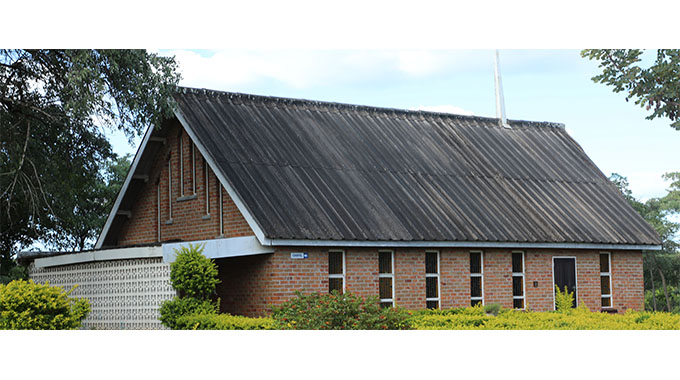
Mtshabezi Ekuphileni Bible Institute
It started as Matopo High Old Boys Association, which was later registered as a trust before the church accepted the idea of setting up a university.
Prof Sibanda said funds were mobilised for the project to the tune of $10 million before the money was wiped out by inflation in mid-2000.
According to a letter signed by Prof Sibanda and BICC Bishop Sindah Ngulube, the church, through the general conference board mandated the University of Matopo Trust to rekindle the flames of the dream for a church university.
“In this regard, the following has been resolved by the UMT board in conjunction with the Bishop’s office, the designation of the 29th of January or the last Sunday in January each year as the University Day, which signifies the importance the church is giving to the University,” reads the letter.
“This year the 29th of January will be used as the launch date for the Matopo University as well as the UMT Endowment fund, and this day will be used every year to boost this fund.”
The letter stated that a minimum of US$30 000 is required for Matopo University to be registered under the Zimbabwe Council for Higher Education (ZIMCHE).
ZIMCHE was created through an Act of Parliament, which was promulgated in 2006. The Act establishes ZIMCHE and the procedures for the registration and accreditation of institutions of higher education.
The mandate of ZIMCHE is to promote and coordinate education provided by institutions of higher education, and to act as a regulator in the determination and maintenance of standards of teaching, examinations, academic qualifications, and research in institutions of higher education.
In an interview, Prof Sibanda said they intend to raise the money during this weekend’s church service.
He said when he took over the chairmanship of the Trust in June last year, they decided to set a target.
“The first thing was to look at what ZIMCHE required and we visited them in November last year to get those requirements. One key issue was the need to have your own properties to operate from,” said Prof Sibanda.
“The idea was to avoid a situation where you may find yourselves in a wrangle with the property owner right in the middle of a semester.”
Prof Sibanda said BICC has vast tracts of land in the Matabeleland region.
He said already Mtshabezi Mission has eight lecture theatres that can accommodate between 30-40 students.
Prof Sibanda said while priority will be given to students from their church, the university will still enroll non-BICC students who are supposed to conform to the norms of the institution.
He said their plan is to have the faculties spread across three of their institutions, which are Mtshabezi, Wanezi and Matopo Missions.
“Each of these missions will take certain faculties. The idea is to open the university to students by either July or August this year. We have a bible institute at Mtshabezi, our largest mission station, which established in 1906 and can take up to 400 students,” said Prof Sibanda.
“The church has got four high schools that is Mtshabezi, Wanezi, and Matopo, all in Matabeleland South as well as Pumula Mission in Tsholotsho, Matabeleland North, which all have A-Level classes.”
Prof Sibanda said they came up with the name “Matopo University” because the church’s first port of call in Africa was at Matopo Mission.
“We decided to name the university Matopo for sentimental and historical reasons. It is the oldest of the four missions,” he said.
Last year, the Government rolled out a rural populace distance learning programme for rural folks spearheaded by the Zimbabwe Open University (ZOU) in partnership with Malaysia Binary University of Management and Entrepreneurship.
The programme, which is expected to start early this year, is meant to empower rural communities with international quality education.
This comes at a time when the Government is pursuing a vision of leaving no one and no place behind in all facets of rebuilding the country — @skhumoyo2000

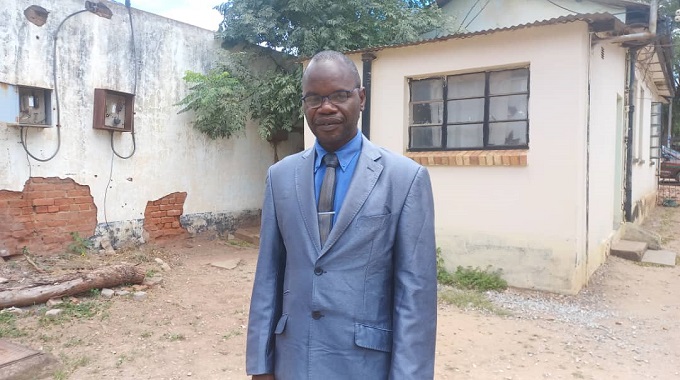
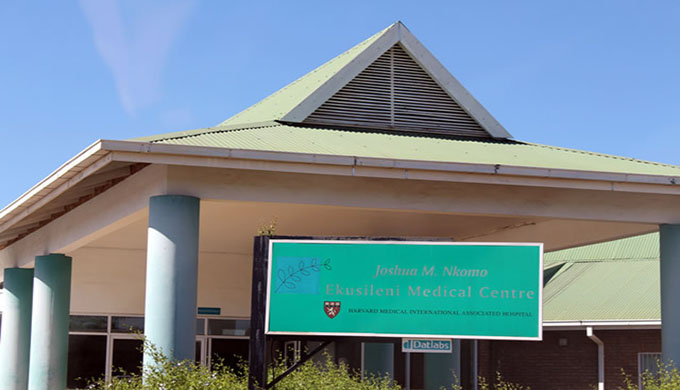


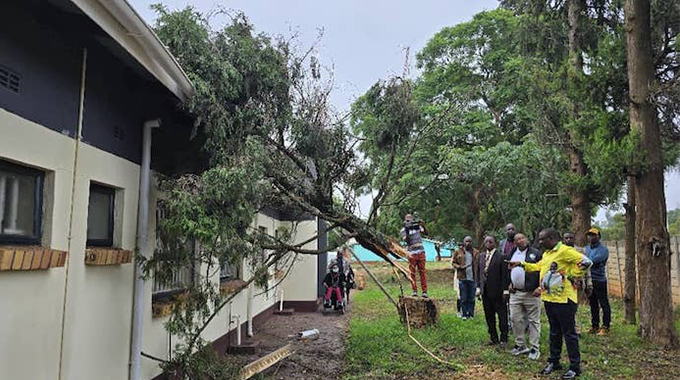






Comments